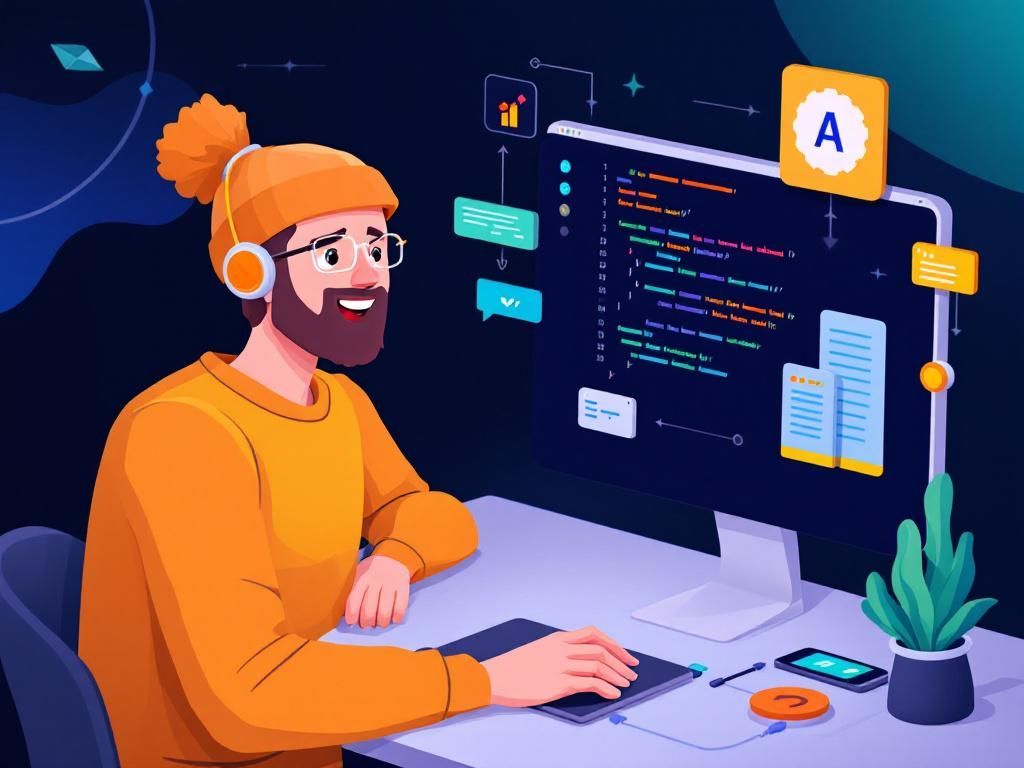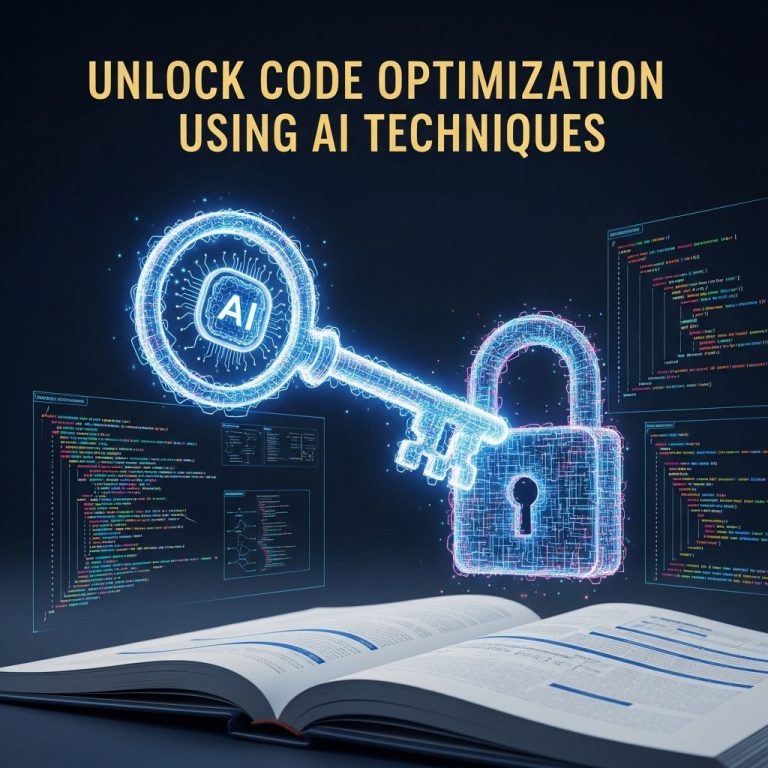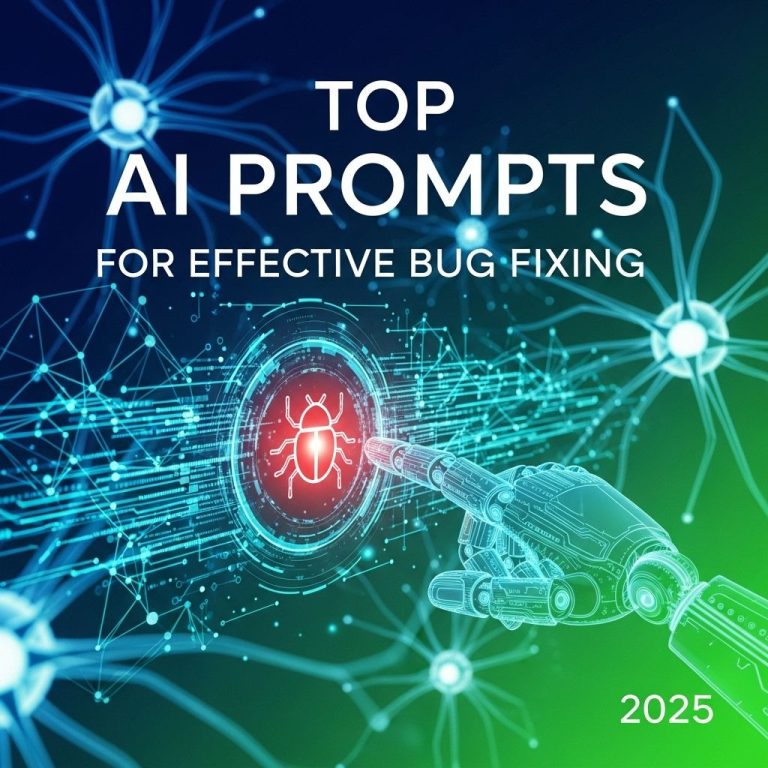In today’s fast-paced tech environment, efficiency and productivity are paramount for development teams aiming to stay competitive. Artificial Intelligence (AI) is rapidly becoming a central player in this landscape, particularly in enhancing code review processes. By integrating AI into code reviews, teams can not only streamline their workflows but also improve the overall quality of their software products. This article delves into how AI can boost dev team productivity, the benefits of AI-assisted code reviews, and best practices for implementation.
Understanding AI in Code Review
AI code review tools utilize machine learning algorithms to analyze code, identify potential issues, and suggest improvements. These tools can learn from past code reviews and evolve over time, making them an invaluable asset to development teams. The primary objectives of using AI in code review include:
- Automating repetitive tasks
- Enhancing code quality
- Reducing review time
- Providing learning opportunities for developers
The Role of Machine Learning
At the heart of AI code review tools is machine learning, a subset of AI that enables systems to learn from data. By analyzing vast amounts of code and past reviews, these systems identify patterns and gain insights that can lead to better suggestions for improvements. Here’s how machine learning plays a crucial role:
- Pattern Recognition: ML algorithms can identify common coding mistakes and best practices.
- Predictive Analysis: By learning from historical data, AI can predict potential bugs before they happen.
- Continuous Learning: As more code is reviewed, AI systems continuously improve their suggestions.
Benefits of AI-Assisted Code Reviews
1. Increased Efficiency
One of the key benefits of AI in code reviews is the significant reduction in time spent on manual reviews. Traditional code reviews can be cumbersome, often taking several days or even weeks to complete. AI tools can provide instant feedback, allowing developers to focus on more complex tasks. Consider the following:
| Task | Traditional Code Review Time | AI-Assisted Code Review Time |
|---|---|---|
| Initial Review | 5 days | 1 hour |
| Identifying Bugs | 3 days | 30 minutes |
| Providing Suggestions | 2 days | 15 minutes |
2. Enhanced Code Quality
AI tools can provide developers with insights into best practices, style guidelines, and potential vulnerabilities. As a result, the overall quality of the codebase can improve, leading to:
- Fewer bugs in production
- Improved maintainability
- Enhanced security
3. Knowledge Sharing and Learning
AI code review tools can act as a mentor for junior developers by offering suggestions and explaining why certain practices are preferred. This knowledge-sharing aspect helps in:
- Upskilling team members
- Fostering a culture of continuous learning
- Reducing knowledge silos
Implementation Strategies for AI Code Review
To successfully integrate AI into your code review process, consider the following strategies:
1. Assess Your Needs
Before selecting an AI tool, evaluate your team’s specific requirements. Consider factors such as:
- The programming languages you use
- Your team’s size and structure
- The types of projects you typically handle
2. Choose the Right Tool
Not all AI code review tools are created equal. Here are some popular options:
- DeepCode: Specializes in detecting bugs and providing code improvements.
- SonarQube: Focuses on code quality and security vulnerabilities.
- CodeClimate: Offers insights into maintainability and test coverage.
3. Integrate into Existing Workflows
Ensure that the AI tool seamlessly integrates into your current development workflow. This might involve:
- Setting up integrations with version control systems (e.g., GitHub, GitLab)
- Configuring notifications for code reviews
- Training your team on how to use the tool effectively
4. Monitor and Iterate
After implementing an AI code review tool, regularly monitor its performance and gather feedback from your team. This will allow you to:
- Identify areas for improvement
- Adjust settings and configurations for optimal performance
- Ensure that the tool aligns with team goals
Challenges and Considerations
While the benefits of AI in code review are significant, there are also challenges to consider:
1. Resistance to Change
Some developers may be hesitant to adopt new technologies. To overcome this, ensure that:
- Team members understand the advantages of the tool
- There is adequate training and support
2. Over-Reliance on AI
While AI tools can enhance productivity, they should not replace human judgment. Encourage your team to:
- Use AI suggestions as guidance, not absolutes
- Maintain a balance between automation and manual review
3. Data Privacy and Security
Ensure that any AI tools you use comply with data privacy regulations and have robust security measures in place to protect your codebase.
Conclusion
The integration of AI into code review processes represents a significant step towards enhancing developer productivity. By automating repetitive tasks, improving code quality, and fostering knowledge sharing, AI tools empower development teams to focus on innovation and complex problem-solving. As the tech landscape continues to evolve, embracing these tools will be essential for staying ahead in the competitive software development field.
FAQ
What is AI code review?
AI code review refers to the use of artificial intelligence tools to analyze and improve code quality by identifying bugs, suggesting improvements, and ensuring coding standards are met automatically.
How can AI code review boost developer productivity?
AI code review can enhance developer productivity by automating repetitive tasks, providing instant feedback on code quality, and allowing developers to focus on more complex issues rather than manual code checks.
What are the benefits of using AI in code reviews?
Benefits of using AI in code reviews include improved code quality, faster identification of issues, consistent adherence to coding standards, and reduced time spent on manual reviews.
Can AI code review tools integrate with existing development workflows?
Yes, most AI code review tools are designed to integrate seamlessly with existing development environments and version control systems, allowing for a smooth transition and enhanced collaboration.
Are AI code review tools suitable for all programming languages?
Many AI code review tools support a wide range of programming languages, but it’s essential to choose a tool that specifically caters to the languages and frameworks used in your projects.
How does AI code review improve team collaboration?
AI code review fosters team collaboration by providing a centralized platform for feedback, promoting knowledge sharing among team members, and ensuring that all code adheres to the same quality standards.




